A Very Grim Future For The Last Killer Whales in The UK
Killer Whales in the UK haven’t bred in about 20 years and experts are trying to understand why.
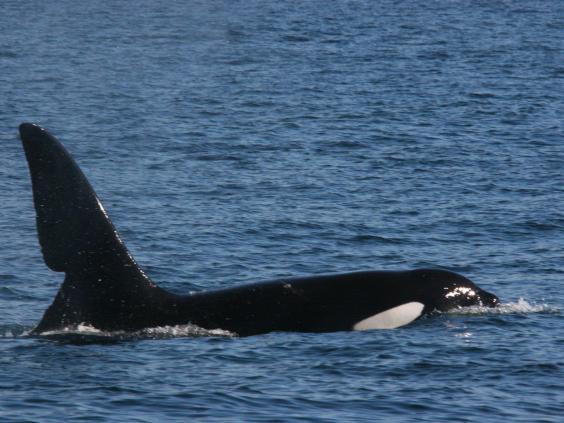
If you were to count the most popular whale watching locations worldwide, the UK would not come top of the list. But around the British Isles, several species of marine mammals do make an appearance yearly. Marine mammals like fin whales and porpoises will appear from time to time.
However, Scotland’s West Coast is the native habitat of a resident pod of killer whales: the only killer whales in the UK. Unfortunately, scientists expect that the small pod of just eight individuals is now swimming into extinction.
The pod of Orca (killer whales) has four females and four males. Strangely, there’s been no calf born to the group in the last two decades!
Also, no new dolphins have joined the pod over the years.
What’s Causing The Possible Extinction Of The Killer Whales In The UK?
PCBs Are The Main Suspect
Though researchers are yet to pinpoint what’s causing the problem exactly, the alarming prevalence of PCBs in the waters is the likely culprit. PCBs (polychlorinated biphenyls) are industrial products or chemicals that have been linked with negative impacts on human health and the environment. These “toxins” are now banned in some countries but extremely high in European waters.
According to scientists, PCBs in European waters “greatly exceed concentrations at which severe toxic effects are known to occur.”
Unfortunately, though these chemicals originally used in manufacturing electrical components are now banned, it takes a long time for them to dissipate from the waters. The waters around the UK are no exception to this contamination.
It appears the plight of these killer whales, also called the West Coast orcas, can be linked to the prevalence of PCBs in the water. In fact, PCBs are directly linked with health defects in animals for decades now.
Since killer whales are at the top of the food chain, they are much more prone to absorbing the toxins and consuming it by eating other contaminated prey.
“The levels are really high, probably the highest in the world right now,” – Paul Jepson, Zoological Society of London (ZSL).
Tight Pod Structure
Other killer whales visit the area from time to time but they are migratory. They come to Scottish waters for prey. So, this particular pod is the only one that’s resident in the UK’s coast.
Typically, these creatures have complex and enduring family lives leading to tight social groups. Also, unlike most other animals, males of the species will remain with their mothers for life: only leaving her side briefly to mate and return back to her. This may limit the chances of new members entering this pod.
A Unique Type Of Killer Whale
Recent research shows that the West Coast killer whales are more closely related to “Type 2” orcas (the kind found in the Antarctic) than the “Type 1” (the smaller ones) that visit the UK’s shores to feed. Possibly another reason that this pod doesn’t mix with the migratory whales that visit.
More reason why they are so isolated and have little chances of breeding.
“The chance of survival for this group is sadly very slim” – Dr Lauren Hartny-Mills Hebridean Whale and Dolphin Trust (HWDT).
What Are The Chances Of Survival For The Killer Whales In UK?
20 or more years is a long time for a creature, any breed at all, to stay without producing offspring. And the future looks very grim for this group.
For one thing, apart from the suspected pollution and other factors, the females in this pod are likely too old to reproduce anymore. Orcas are one of the few animals that experience menopause. Usually at the age of 40.
Each of the remaining killer whales in the UK has a nickname: Nicola, Moneypenny, Floppy Fin, John Coe, Comet, Aquarius, Puffin, and Occasus. Except for some sort of quick intervention or unexpected positive change in condition, they will become history soon.

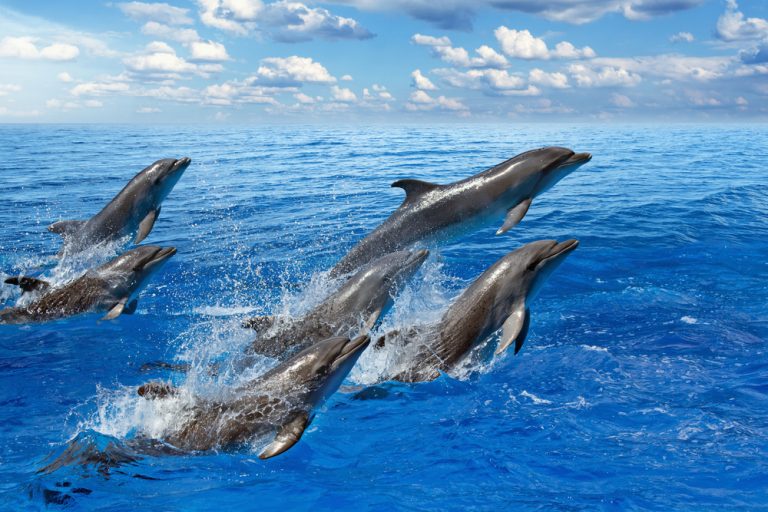
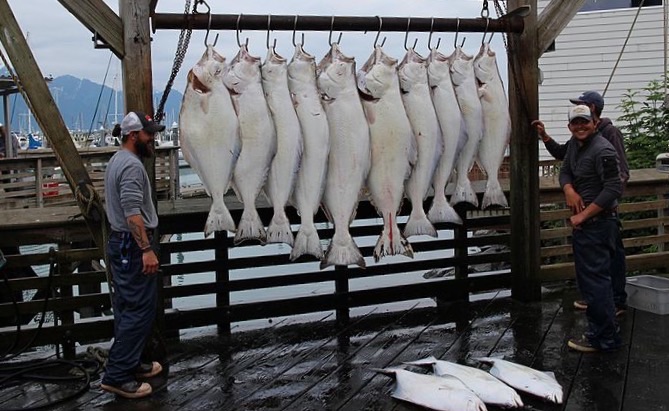
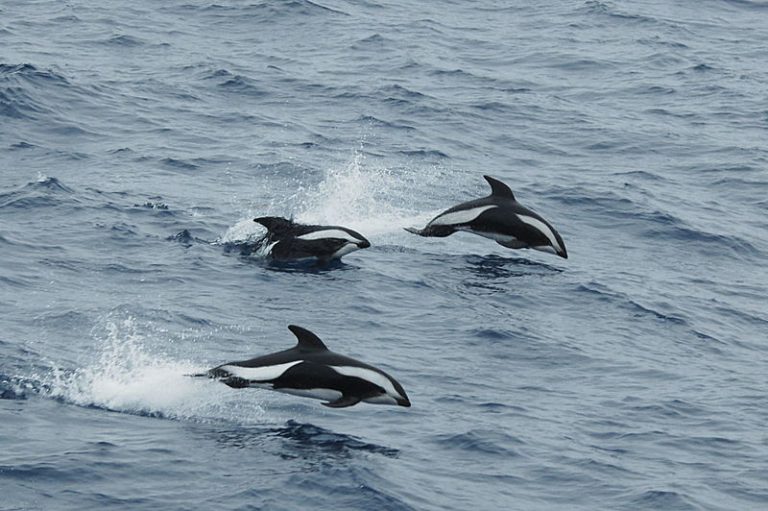
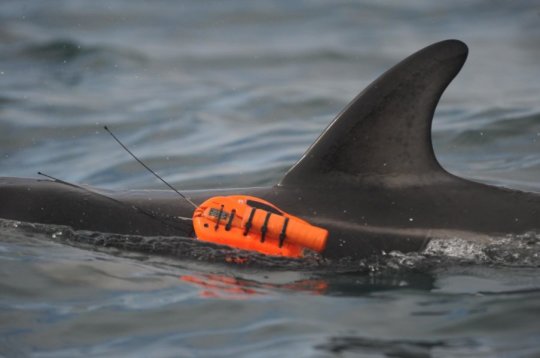
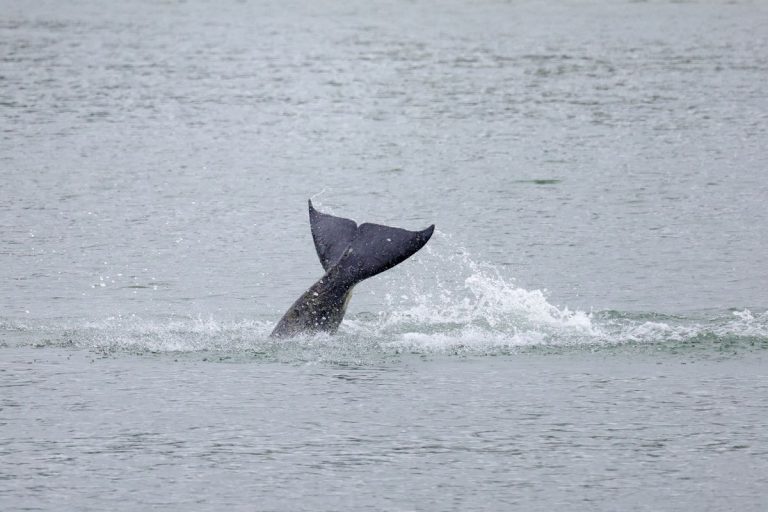
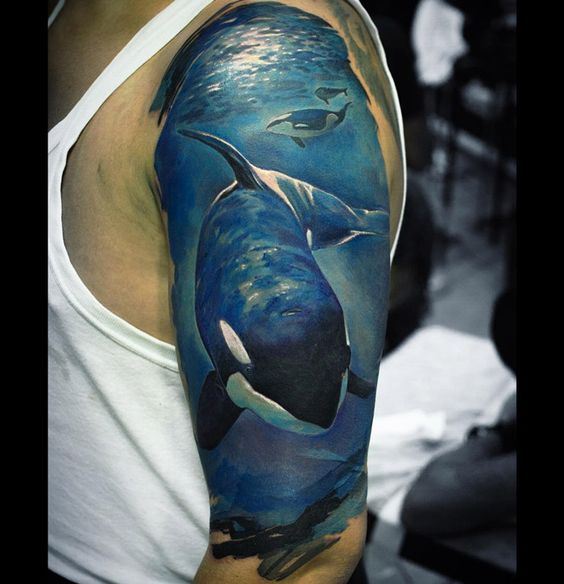
Oh no not the dolphins
So sad to read about the grim future of these whales.